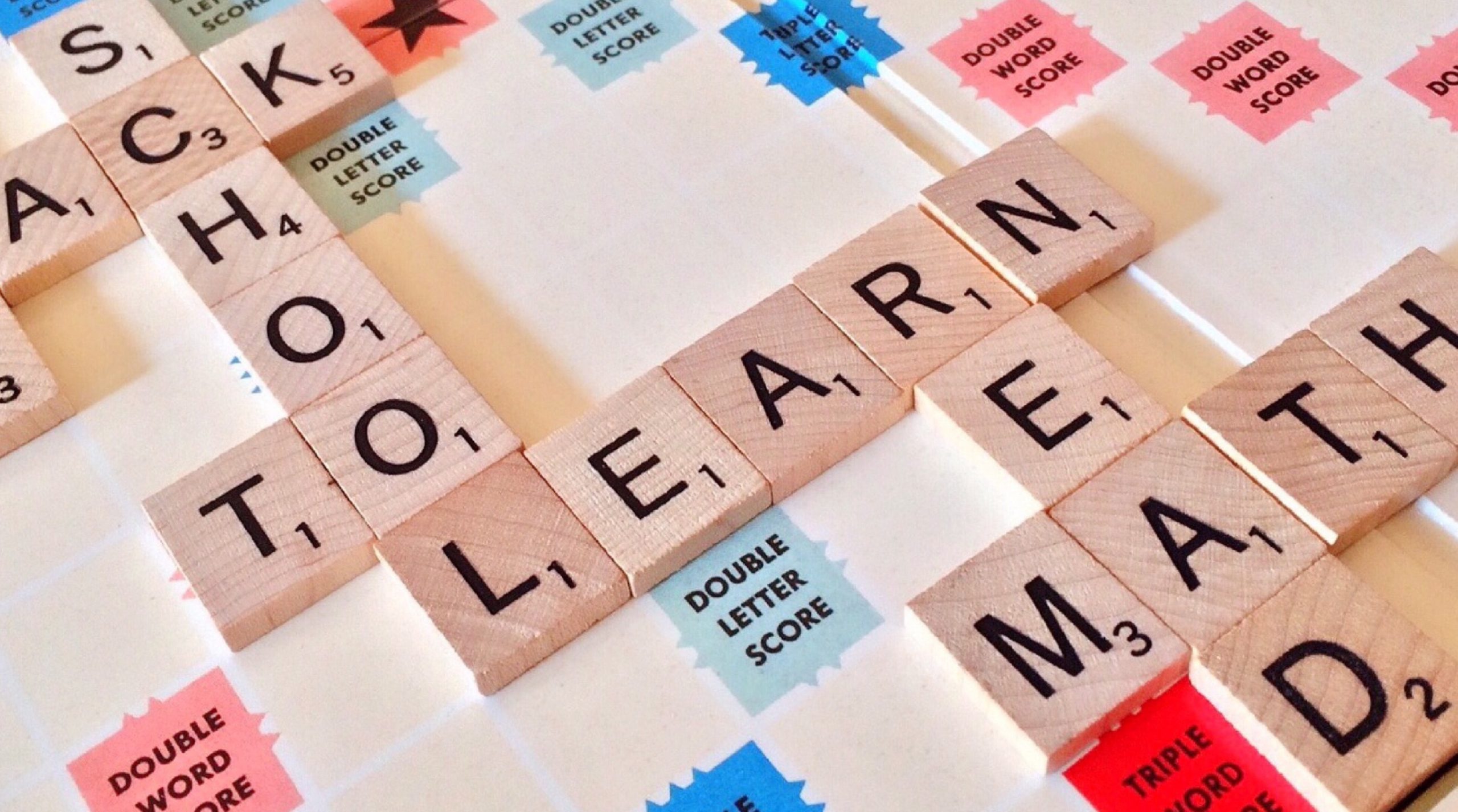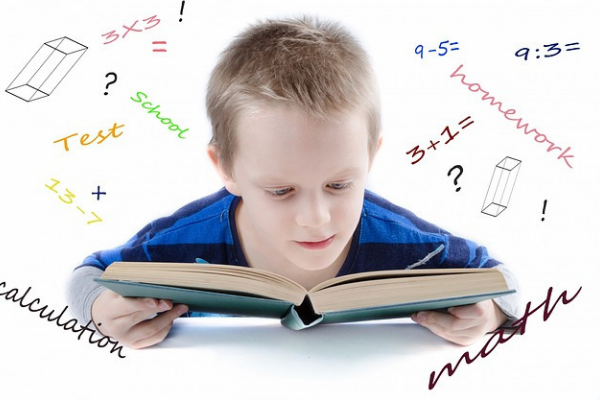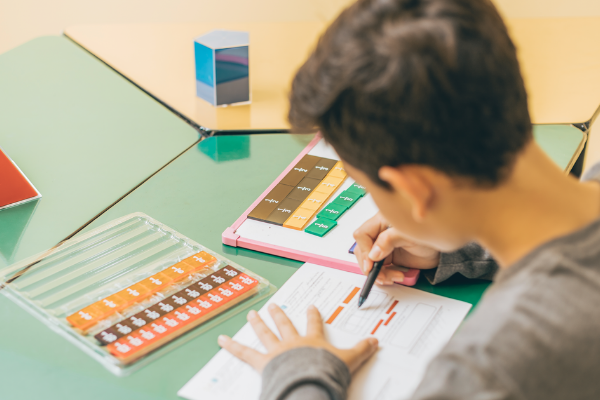Since 2010, multi-award-winning S.A.M has helped children aged 4–12 in more than 20 countries develop knowledge, skills and a positive attitude toward learning to succeed in school and beyond.
S.A.M learners enjoy and excel in Math and English, develop strong numeracy and literacy skills, and positive attitude towards learning.

S.A.M learners understand concepts and develop thinking and problem solving skills to build a strong foundation and excel in Math.

S.A.M learners develop phonics and literacy skills to read fluently, write confidently and achieve competence in English.

S.A.M learners are confident and motivated. They enjoy learning and discovering Math and English through the coaching approach.

S.A.M learners are independent and self-disciplined. They develop good study habits that allow them to learn in class and at home.


-
Develop mastery through interest and understanding instead of rote memorization and drilling
-
Concrete-Pictorial-Abstract (CPA) approach and fun, hands-on activities to learn new concepts
-
Learn 12 problem-solving heuristics including the bar model method and solve word problems efficiently
-
Based on Singapore M.O.E math curriculum with a focus to develop thinking and problem-solving skills
-
Structured phonics approach simplifies the English language into 44 sounds to learn to read and write
-
Systematic and integrated development of literacy skills through a variety of activities and text types
-
Carefully structured modules cover fine motor skill, phonics, reading, comprehension, spelling, vocabulary, grammar, punctuation, structuring text, planning and independent writing
-
A well established spiral structure to teach, consolidate, revisit and strengthen literacy skills at increasingly complex standards of English.




-
Coaching approach encourages children to explore, discover and build confidence toward learning
-
Key areas are learned in gradual steps to ensure understanding and revised at increasing complexity
-
Guided and independent practice develop mastery and good study habits to learn in class and at home
-
Individual learning plan that suits each child’s needs and pace with low student-teacher ratio

Singapore Math Heuristics: Draw a Table, Make Suppositions and Use Before-After Concept
Heuristics, in the context of problem-solving, are a set of strategies to help students solve mathematical problems. Although problem-solving is by and large the process of working towards a goal to which a solution may not be immediately present, it is important that problem solvers (or students) are not only aware of what they are […]

Singapore Math Heuristics: Solve Part of the Problem, Simplify the Problem and Work Backwards
Problem-solving in mathematics helps children develop reasoning and communication skills that are transferrable and important life skills. Reasoning is required on three levels when children solve word problems. First, they use reasoning to recognise what information is provided or missing. Then, they use reasoning to figure out what information they need to find. Finally, they […]

Singapore Math Heuristics: Make A Systematic List, Guess And Check, Restate The Problem In Another Way
The skills children pick up in math are indispensable; they can be applied to other academic subjects and to solve real-world problems in their daily lives and future work. The Singapore Math curriculum focuses on problem solving. Through problem solving, children develop thinking skills such as creative thinking and critical thinking. When children analyse math […]

Singapore Math Heuristics: Act It Out, Draw A Diagram, Look For Patterns
In part one of our Singapore Math Heuristics series, we gave an overview of the 12 heuristics in Singapore Primary Math syllabus, with tips from the curriculum team at Seriously Addictive Mathematics (S.A.M) on how to solve various math word problems using them. To recap, heuristics are methods or strategies students can use to solve complex […]
Find out your child's current Math and English abilities and how much your child can improve in 3 months!





S.A.M provides a conducive environment where Tyler can maximise his potential in math. S.A.M trainers keep Tyler well engaged which simulates his strong interest in math and increases his desire to learn more. He reacts with enthusiasm when he is challenged and he is motivated to learn a new topic. At S.A.M, both his strengths and weaknesses are supported, allowing him to excel in math at his own pace. We appreciate and commend S.A.M!”